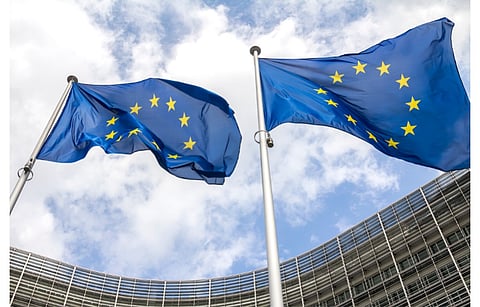

Energy ministers from 23 European Union (EU) nations have pledged their support to boosting domestic solar PV manufacturing capacity with the signing of the European Solar Charter. It is also signed by around 100 solar sector representatives, all of whom have committed to implementing a series of voluntary actions on a priority basis.
Signatory countries to the charter are Austria, Belgium, Bulgaria, Croatia, Czechia, Denmark, Estonia, Finland, France, Germany, Greece, Hungary, Italy, Latvia, Lithuania, Luxembourg, Poland, Portugal, Romania, Slovakia, Slovenia, Spain, and the Netherlands.
Some of the salient features of the charter are as follows:
"The solar photovoltaic manufacturing sector is key for achieving our energy, climate and competitiveness goals," said EU Commissioner Kadri Simson. "The European Solar Charter brings together the Commission, national authorities and the industry, fostering cooperation and bringing support to the production of solar panels made in Europe."
The commission calls solar energy indispensable for achieving the 2030 EU target of at least 42.5% renewable energy by 2030, which can go up to 45%. The local solar industry has been demanding swift measures to support its competitiveness against much cheaper Chinese panels flooding the market currently.
European wafer maker NorSun has already shuttered its plant in Norway citing lack of demand, but it is planning a 5 GW fab in the US instead. Cell and module maker Meyer Burger has shut down its module plant in Germany to focus on its US fabs after the German government decided against the resilience bonus (see Meyer Burger Finally Closing Down Freiberg Module Facility).
Under such circumstances, the European solar industry has welcomed the European Solar Charter with the European solar PV lobby association SolarPower Europe (SPE) calling it 'an important moment of recognition.'
SPE CEO Walburga Hemetsberger said, "Solar in Europe has skyrocketed in recent years. Building on the 2022 EU Solar Strategy, the EU Solar Charter reinforces the reality that solar PV is now a mainstream energy technology. Europe, and the world, is banking on solar to guide us out of the climate and energy crisis towards a new era of green prosperity and security."
